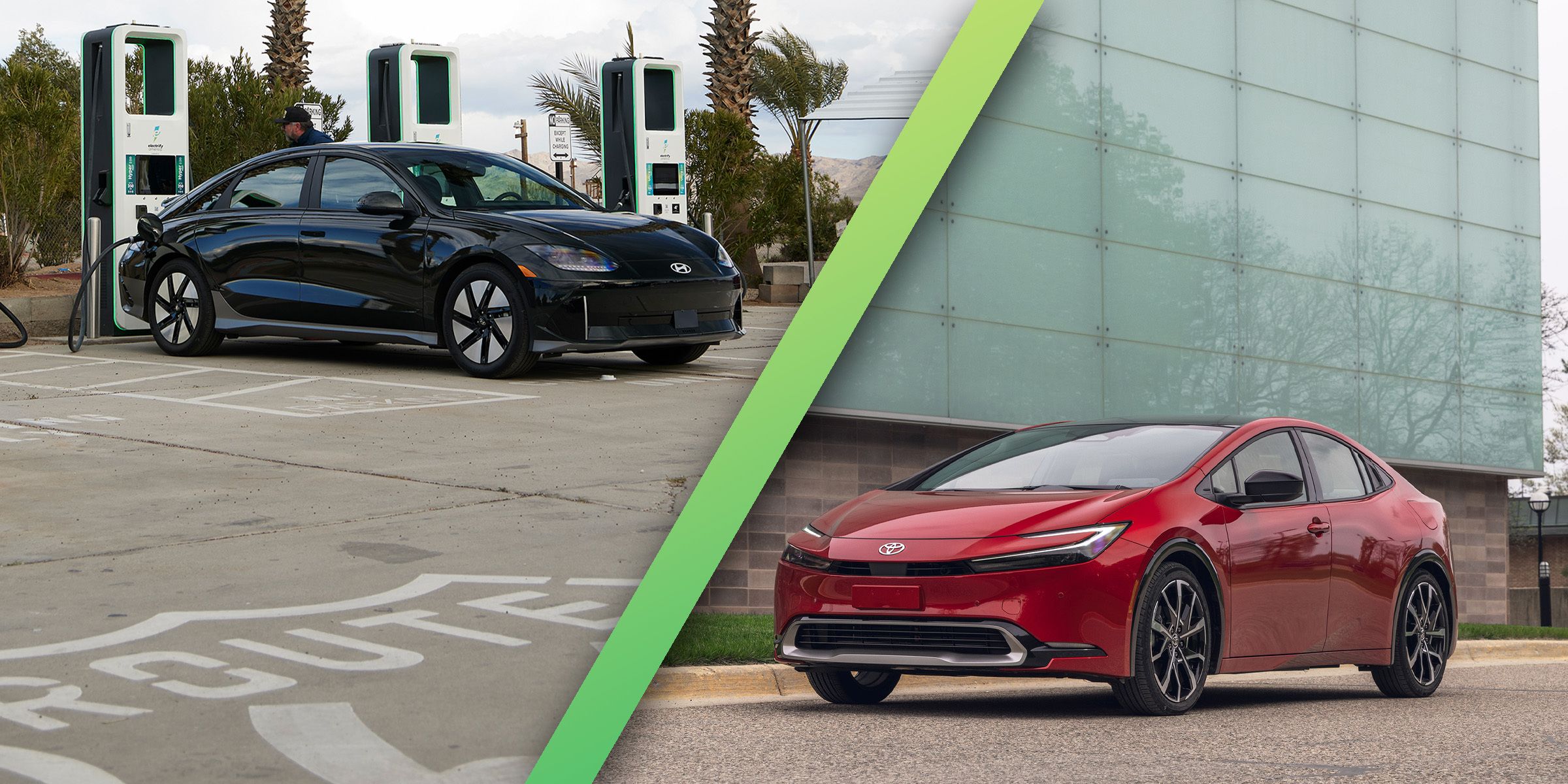In the rapidly evolving landscape of automobiles, two contenders are battling for dominance: electric cars (EVs) and hybrid vehicles. Both offer a break from traditional gasoline-powered engines, promising better fuel efficiency and reduced environmental impact. However, choosing the right option for your lifestyle isn’t always straightforward. This comprehensive guide dives into the key differences, benefits, and challenges of electric cars and hybrids to help you make an informed decision.
Understanding the Basics: Electric Cars Vs. Hybrids
What Are Electric Cars?
Electric vehicles are powered entirely by electricity stored in large battery packs. Unlike conventional cars, EVs have no internal combustion engine. Popular examples include the Tesla Model 3, Nissan Leaf, and Ford Mustang Mach-E.
Key Features of EVs:
- Zero tailpipe emissions
- Powered by rechargeable lithium-ion batteries
- Quiet operation and fewer moving parts
What Are Hybrid Cars?
Hybrids combine a traditional gasoline engine with an electric motor and battery. They can run on either or both power sources, optimising fuel efficiency. Examples include the Toyota Prius, Honda Insight, and Hyundai Ioniq.
Key features of hybrids:
- Reduced fuel consumption
- Regenerative braking to recharge the battery
- Typically lower upfront costs than EVs
Performance and Efficiency Comparison
Electric Cars
- Acceleration: EVs are known for their instant torque, delivering a smooth and powerful drive.
- Range: Modern EVs can cover anywhere from 150 to over 500 miles per charge, depending on the model.
- Energy Efficiency: EVs convert about 77% of electrical energy into motion, compared to 20-30% for gas engines.
Hybrids
- Acceleration: Hybrids use the electric motor to assist the gasoline engine, offering decent but less thrilling performance than EVs.
- Range: Hybrids don’t rely on charging stations, offering hundreds of miles using both fuel and battery power.
- Energy Efficiency: While less efficient than EVs, hybrids are far more fuel-efficient than conventional gas-powered vehicles.
Environmental Impact
Electric Cars
- Pros:
- Zero emissions during operation
- Lower lifetime carbon footprint if powered by renewable energy
- Cons:
- Battery production has a high environmental cost
- Dependent on clean energy sources for maximum benefit
Hybrids
- Pros:
- Lower emissions than traditional vehicles
- Efficient use of fuel reduces overall consumption
- Cons:
- Still emit greenhouse gases
- Use fossil fuels, making them less eco-friendly than EVs
Cost Considerations
Upfront Costs
- Electric cars: higher purchase price due to advanced battery technology.
- Hybrids: generally more affordable than EVs.
Running Costs
- Electric Cars:
- Lower fuel costs (electricity is cheaper than gasoline).
- Reduced maintenance costs (fewer mechanical components).
- Hybrids:
- Lower fuel costs compared to conventional vehicles.
- Maintenance costs are slightly higher than EVs due to the dual powertrain.
Incentives and Rebates
Governments often provide financial incentives for EV buyers, including tax credits, rebates, and reduced registration fees. Some hybrids may qualify for smaller incentives.
Charging Infrastructure vs. Fuel Availability
Electric Cars
- Pros:
- Home charging offers unparalleled convenience.
- Public charging networks are expanding rapidly.
- Cons:
- Charging times can range from 30 minutes to several hours.
- Limited infrastructure in some regions.
Hybrids
Which One Is Right for You?
Choosing between an electric car and a hybrid depends on your priorities, lifestyle, and driving habits.
Consider an EV if you:
- Have access to home or workplace charging.
- Want to minimise your environmental impact?
- Frequently drive in urban areas where charging stations are common.
Consider a hybrid if you:
The Future of EVs and Hybrids
With advancements in technology, electric vehicles are becoming more accessible, boasting better range and lower costs. Hybrids, meanwhile, remain a transitional technology, bridging the gap between traditional engines and full electrification.
Both electric cars and hybrids represent significant steps toward a cleaner, more sustainable automotive future. By understanding the differences and evaluating your needs, you can choose the option that aligns best with your lifestyle and values.
Whether you prioritise cost savings, convenience, or environmental impact, the road to a greener drive starts with making the right choice.

